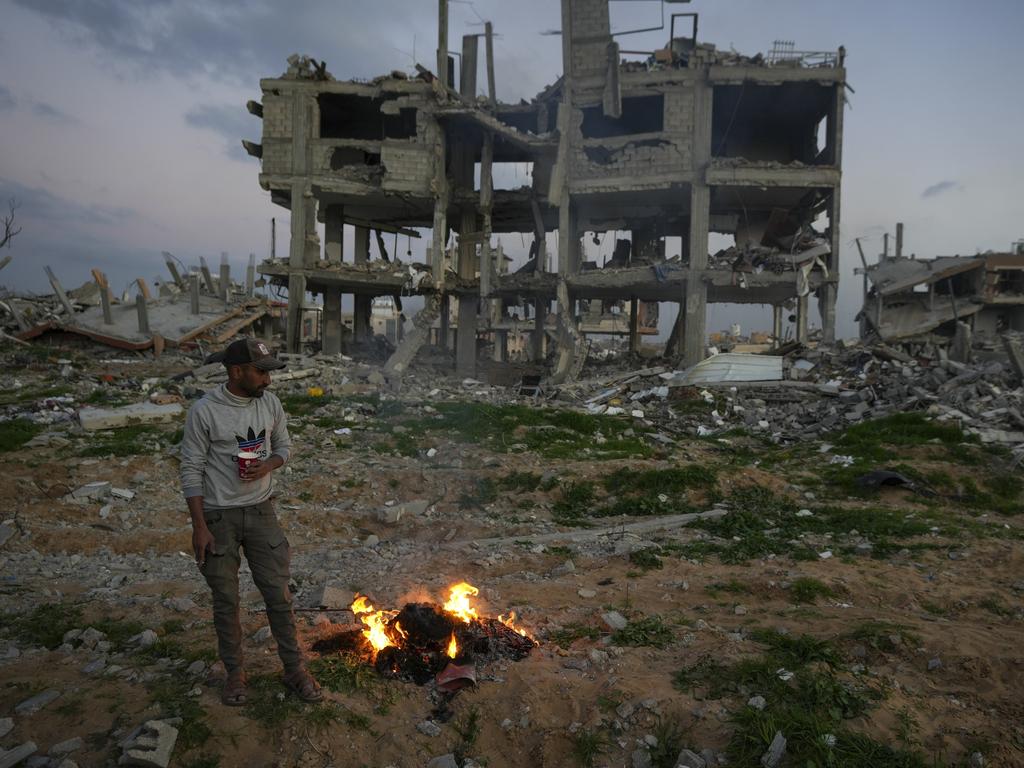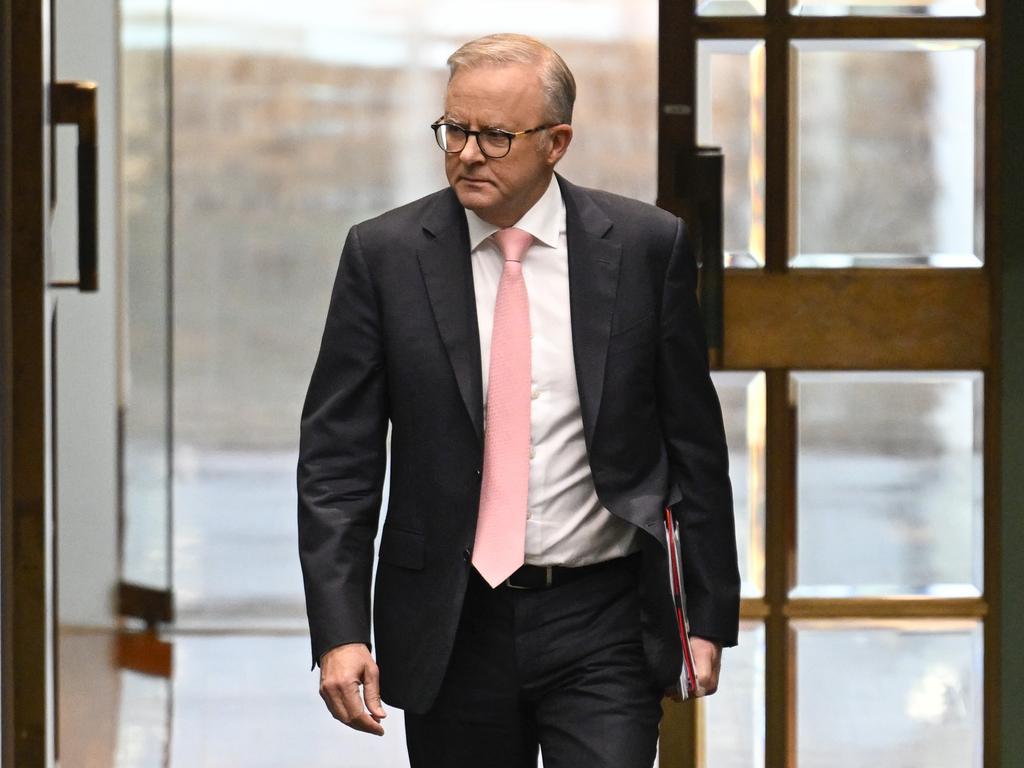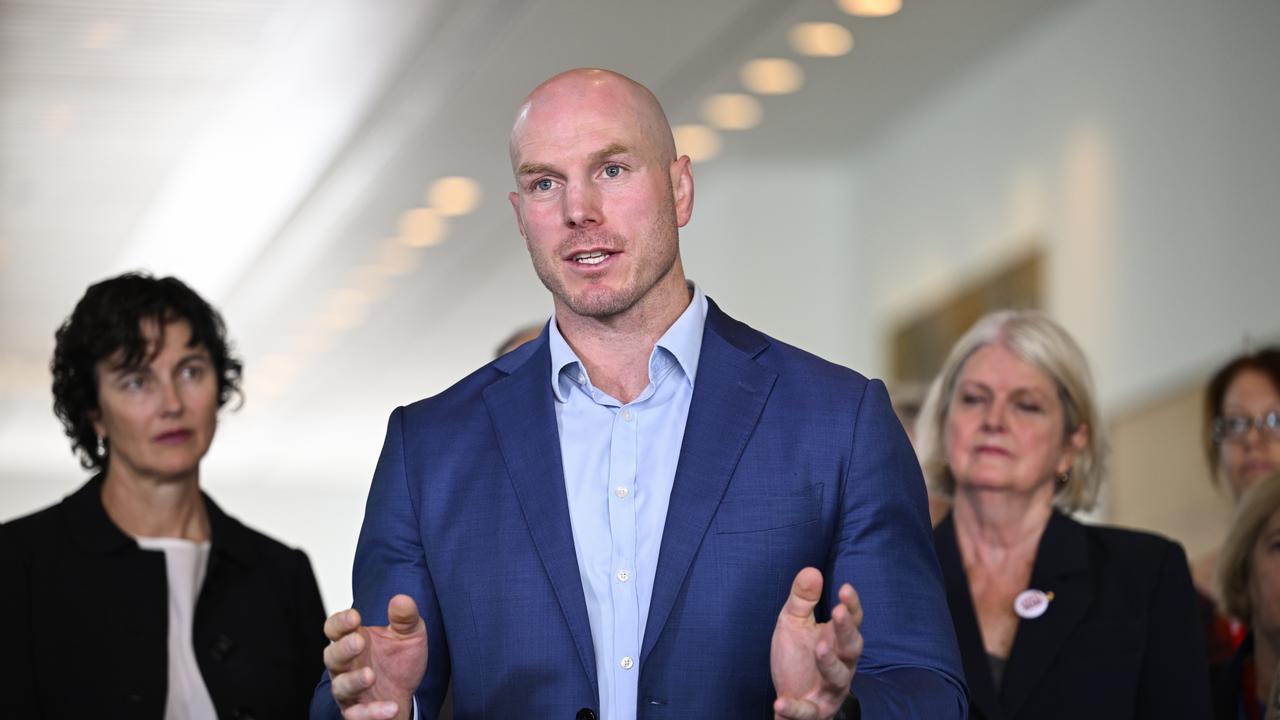Cross-faith rejection of any notion of forced relocation in Trump’s Gaza plan
Jewish leaders welcomed any US-led reconstruction of Gaza, but said any hint of forcibly removing Palestinians was a ‘non-starter’ that should be dropped as Muslim bodies lashed Donald Trump’s plans.
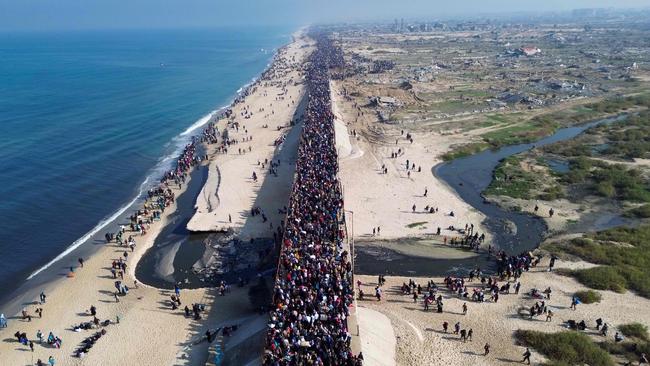
While welcoming Donald Trump’s offer for the United States to take a lead in rebuilding Gaza, Jewish Australian leaders have expressed “strong concern” of any hint that Palestinians would be forced from the Strip, saying that “non-starter” idea should be “dropped immediately”.
But Australia’s most influential Muslim bodies slammed the President’s proposals for the enclave, calling it “illegal and colonialist”, which would undermine regional instability and constitute “state-sanctioned ethnic cleansing”.
Speaking alongside Israeli Prime Minister Benjamin Netanyahu at the White House, the President said that America could take ownership of Gaza by military force and redevelop it into the “Riviera of the Middle East” – as he warned that Palestinians would need to be “relocated to other countries”.
Colin Rubenstein, the Australia/Israel & Jewish Affairs Council’s executive director, said the body was “hopeful” that any US-led reconstruction of Gaza could break “cycles” of conflict, but called any forced removal of Palestinians “unthinkable”.
“(The) offer to take leadership over the reconstruction of Gaza could be important not only in its own right, but especially if it is part of a larger US effort to rethink and reshape stale old approaches to the region,” he said.
Dr Rubenstein said parts of the proposals echoed similar “fresh thinking” that led to the 2020 Abraham Accords, and he reiterated Hamas could have no role in Gaza’s reconstruction because they would use its rebuilding to reignite conflict.
He also cautioned that Mr Trump’s proposals were not fully developed, with some of them being “controversial and potentially problematic”, urging the President to rule out the forced removal of Gazans.
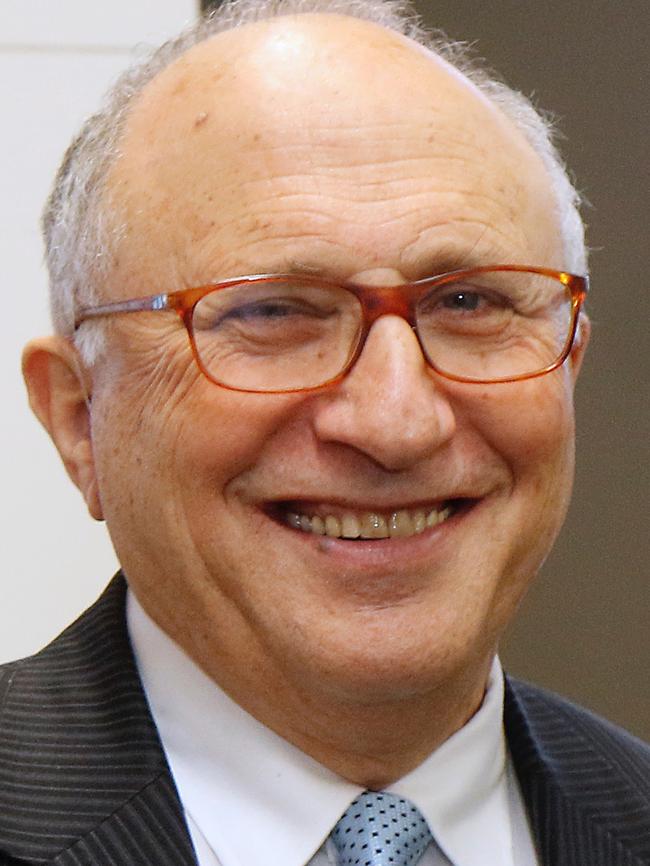
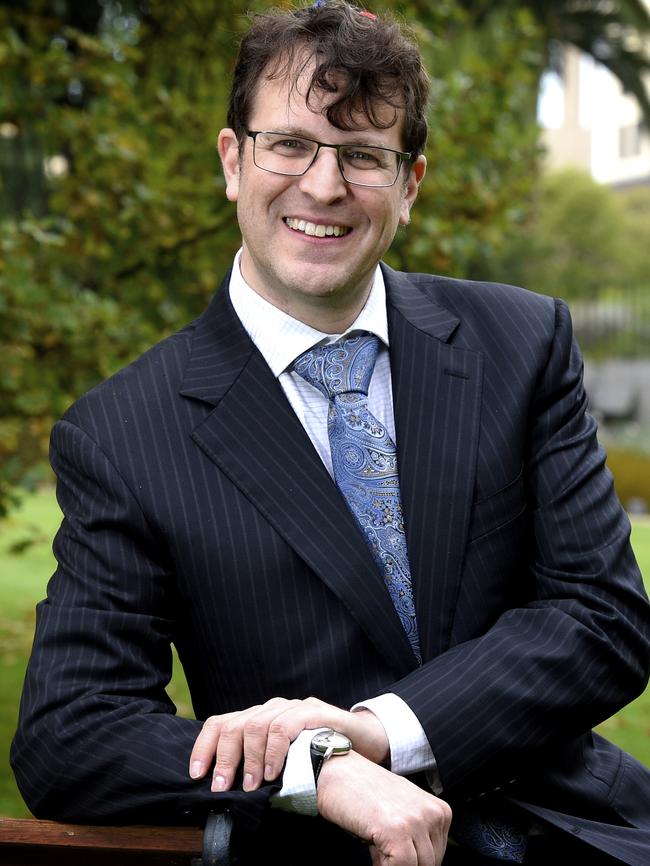
“Any move to forcibly evacuate Gazans – as some comments seem to suggest – should be unthinkable, and if that is part of (the) plans the idea should be dropped immediately,” Dr Rubenstein said.
The executive director said there was “merit” in neighbouring countries providing safe havens for Gazans who left voluntarily during reconstruction, believing that some had backed the Palestinian “cause” while doing little to alleviate suffering.
“It’s early days, much could still go wrong, many details are unclear … (and) any proposed forcible evacuation of Gazans must be a non-starter,” he said.
Executive Council of Australian Jewry president Daniel Aghion backed a “comprehensive reconstruction” and de-Hamasification of Gaza but also said no Palestinians could be forced to leave the enclave.
“The question of whether some Gazans choose to remain in the territory through this (reconstruction) process, temporarily relocate or are permanently absorbed by neighbouring states is ultimately a decision for those affected – Gaza’s civilian population,” he said.
Influential Muslim bodies slammed Mr Trump’s “racist and illegal” proposals, with Australian National Imams Council senior adviser Bilal Rauf saying Mr Trump’s intervention showed an “utter disregard for justice and lawfulness”, urging leaders to condemn the “dangerous” proposals.

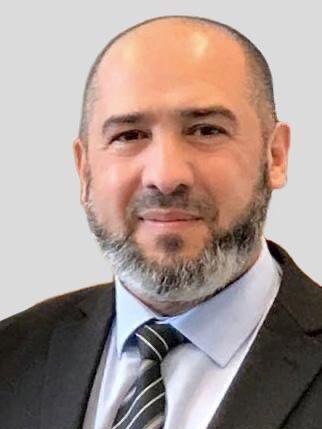
“It will cause regional and global instability and conflict … and amounts to a state-sanctioned ethnic cleansing,” he said.
“Rather than hold responsible Israel for its aggressions and attempt at driving (out) Palestinians … (the proposal) sanctions and promotes ethnic cleansing.
“Such dangerous proposals must be opposed for the sake of Palestinians, for our sake and for the sake of regional and global stability.”
Australian Federation of Islamic Councils president Rateb Jneid called the plans “catastrophic”, and urged the federal government to respond with “more than mere disapproval”.
“It is time for Australia to unconditionally recognise the state of Palestine and oppose any actions that undermine its sovereignty,” he said, calling on Arab nations to resist the proposals.
“There is no room for complacency or sideline diplomacy at this critical juncture – Arab leaders must unite and act decisively or risk losing all credibility with their own people.”
The Lebanese Muslim Association called the proposals “outrageous, racist and colonialist”, saying it was an “open provocation” to the Muslim world and represented one of the “greatest recent threats” to global stability.
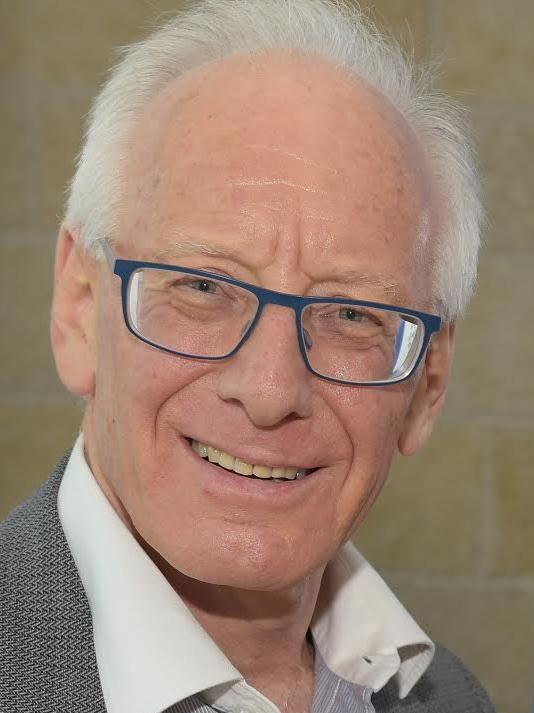
Jewish and Muslim Australian leaders behind a cross-faith charity working in Israel and Palestine urged a collective “deep breath”.
After the war’s onset, Ron Finkel, a Melbourne businessman of the Jewish faith, and Jamal Rifi, a Lebanese Muslim community leader, set out their joint hope for Gaza’s future, underpinned by a “credible, multi-year strategy that aligned with Israel’s security”.
“Gaza needs a strategy that empowers and provides agency (to its people),” Mr Finkel said.
“One which gives Palestinians hope and the skills to build the future state of Palestine...”
Mr Finkel said such a future required the “conviction” of supporting partners, who needed to help Gazans, not turf them out.
“(International partners) have to believe the people they are supporting can, and have the capacity, to forge their own path,” he said.
“One that is peaceful, realisable, measurable and impactful. A first step on a journey of thousands, but which will take them to a better place.
“The vision and talent is there, but to realise that vision time is required and a strategy that involves the people (in Gaza), not one that vacates them from the area.”



